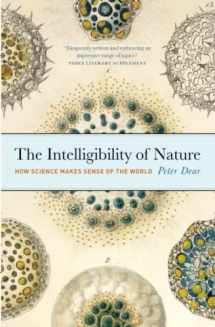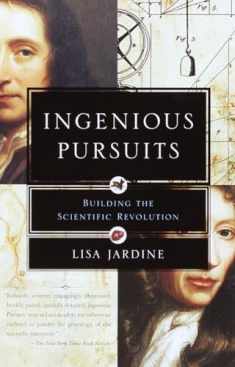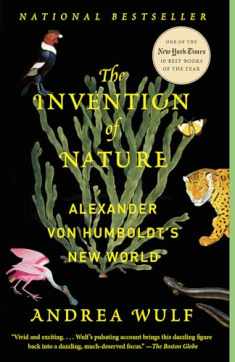
The Intelligibility of Nature: How Science Makes Sense of the World (science.culture)
Book details
Summary
Description
Throughout the history of the Western world, science has possessed an extraordinary amount of authority and prestige. And while its pedestal has been jostled by numerous evolutions and revolutions, science has always managed to maintain its stronghold as the knowing enterprise that explains how the natural world works: we treat such legendary scientists as Galileo, Newton, Darwin, and Einstein with admiration and reverence because they offer profound and sustaining insight into the meaning of the universe.
In The Intelligibility of Nature, Peter Dear considers how science as such has evolved and how it has marshaled itself to make sense of the world. His intellectual journey begins with a crucial observation: that the enterprise of science is, and has been, directed toward two distinct but frequently conflated ends—doing and knowing. The ancient Greeks developed this distinction of value between craft on the one hand and understanding on the other, and according to Dear, that distinction has survived to shape attitudes toward science ever since.
Teasing out this tension between doing and knowing during key episodes in the history of science—mechanical philosophy and Newtonian gravitation, elective affinities and the chemical revolution, enlightened natural history and taxonomy, evolutionary biology, the dynamical theory of electromagnetism, and quantum theory—Dear reveals how the two principles became formalized into a single enterprise, science, that would be carried out by a new kind of person, the scientist.
Finely nuanced and elegantly conceived, The Intelligibility of Nature will be essential reading for aficionados and historians of science alike.


We would LOVE it if you could help us and other readers by reviewing the book
Book review





